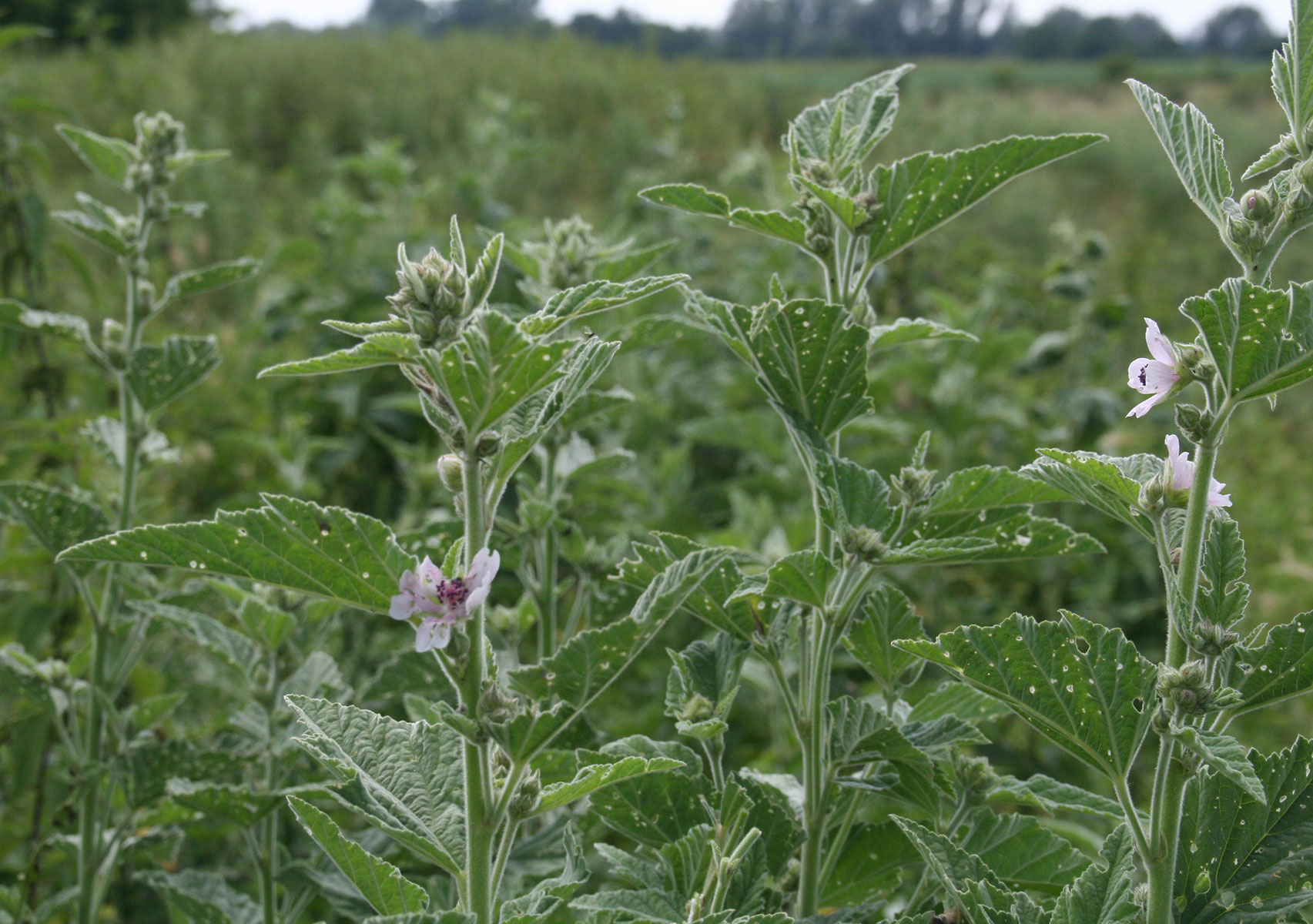In 2010, while visiting Hungary to initiate a community engagement strategy (including the future development of FairWild certification and funding), a team from Traditional Medicinals Foundation (TMF) couldn’t help but notice the challenging conditions facing many of the families who farm and collect medicinal plants in this region. Throughout Europe, the Romani people—also called Gypsies—dominate the herbal workforce, inhabiting 1,370 communities involved in farming and wild collection activities. Although the Romani migrated to Hungary from South Asia centuries ago, they still face xenophobia, poverty, and discrimination—not to mention social isolation. Through this FairWild initiative and with additional financial support from TM, these herb collection communities have now received just under $50,000 in much needed benefits and resources. For this reason, the project has been named Kenyer, the Hungarian word for bread and a universal symbol for sustenance.
A WIDENING OPPORTUNITY GAP
Hungary has a long legacy of herbal medicine that dates back centuries. Those traditions still apply to the Romani people, longtime keepers of ancient herbal wisdom. Despite being skilled herb collectors, the Romani people suffer 70% unemployment. Men, sometimes fearful of the discrimination and violence against them, often grapple with the difficulties of not being able to contribute to the family income. Most shocking of all, only 50% of Romani children in Hungary ever finish grade school.
IDENTIFYING ATTAINABLE GOALS
Today, TM’s supply partners in the village of Baksa employ dozens of Romani people each day during the harvest season, many of whom rely on the wild collection of herbs like blackberry leaf, elder flower, nettle leaf, linden flower, marshmallow leaf and root, and rose hips for their livelihoods. Collecting medicinal plants offers one of the few sources of economic stability for these communities, as many people lack training and job skills. Although the Hungarian government has developed social programs to benefit the Romani, support is limited. TMF and its partners are working to identify the barriers of empowerment for young adults, training them to collect medicinal plants, and mentoring others to be team leaders.

Wild Hungarian Marshmallow.
When we inquired why, a community member responded, “We want to honor our brothers and sisters.”
GENEROSITY & PUBLIC SPIRIT
As part of the FairWild certification system, TM contributes an annual on-going premium, which collectors vote to use as they determine best for their community. Some of these uses include very basic needs like transportation and winter heating fuel. However, because the Romani envision a more inclusive concept of community, they have also chosen—on several occasions—to invest beyond their own needs. Last year, they used a portion of the funds to rehabilitate an old Jewish graveyard which has been in disarray since the Nazi occupation in World War II. In 1944, the Hungarian Jews were deported to the death camps in Auschwitz and there is no surviving Jewish community in this area of Hungary today. When TMF inquired why the collectors had chosen to use their funds for this project, a Romani community member responded, “We want to honor all our brothers and sisters.” At TMF, we can only wonder what might be accomplished in other areas of the world if people could approach inclusiveness with such magnanimity and grace.
TM and TMF have been collaborating on short-term strategies for community development, and now, TMF is currently exploring and advocating for longer term solutions to address more deeply rooted social problems. In the years ahead, TMF’s team will travel to Baksa to better identify, assess, and advocate for the social well-being of the Romani people. Although TMF’s presence is still its early stages, the team remains hopeful that the Romani will remain proud stewards of Hungary’s rich herbal heritage.